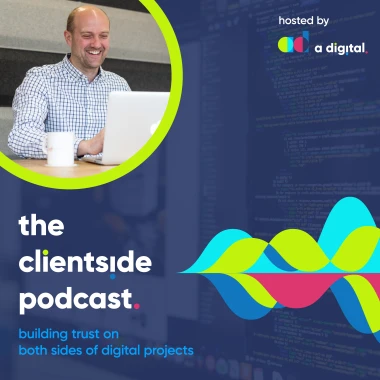
User Generated Content with Lorraine Ball
The Clientside Podcast
45 min Lorraine Ball
In this opening episode of the 3rd season of the Clientside podcast, Andrew chats to Lorraine Ball from Digitaltoolbox.club about user generated content, what it means, how to do it and what to do when it goes wrong.
Lorraine highlights the importance of customer satisfaction and how using reviews, as the most basic level of user generated content offers several opportunities.
We also discuss the challenges that data privacy brings and some of the fun user generated campaigns you may have come across online.
Listen on your smart device or read the transcript below
So these days, everywhere you turn, all you read is that content is king, content is king, content is king. And the idea that I as a business owner, have to create all this stuff can be absolutely overwhelming. But the truth is that people are out there creating content all the time. And as a business owner, you just have to find a way to encourage them to create content that talks about you. And that can be reviews.
Lorraine Ball Tweet